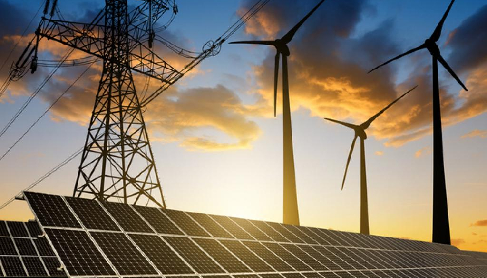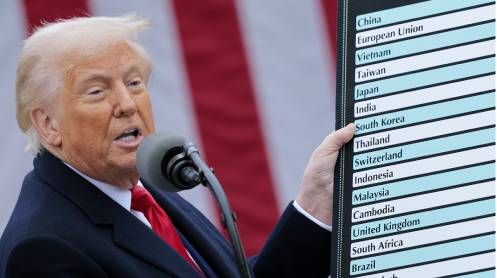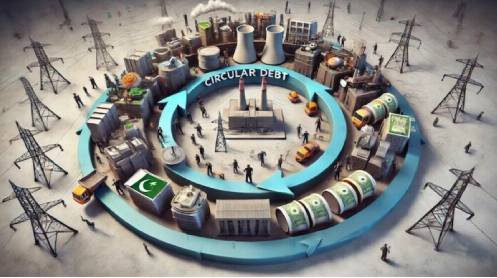KARACHI: The Sindh Energy Department has defended its performance in response to recent criticism, attributing the slow expansion of renewable energy across provinces to faulty planning at the federal level.
A handout issued by the department highlights systemic barriers imposed by the *single-buyer model, under which the *Central Power Purchasing Agency (CPPA) controls electricity procurement. This structure prevents Sindh from independently selling power from its renewable projects, restricting its ability to develop large-scale grid-connected initiatives.
Sindh’s Renewable Energy Initiatives
Despite federal constraints, Sindh leads the nation in renewable energy production and resource utilisation. Key initiatives include:
- *Solar Energy for Low-Income Consumers: The province has launched *free solar energy provision for consumers using up to 300 units of electricity.
- Public Infrastructure Solarisation:
- 28 MW of solar power is running *45 public sector buildings, including *district hospitals.
- 656 schools and 211 rural health centers have been solarised.
- 310 additional public buildings, including libraries and autism centers, are being solarised this year.
- Home Solar System Kits:
- 200,000 kits (including batteries, charge controllers, DC fans, and LED lights) have been procured, with 100,000 already delivered.
- 250,000 more kits are being procured under the *provincial development budget, benefiting *over 1.2 million people.
- *Wind & Solar Hybrid Projects: Sindh is the first province to develop *hybrid energy projects (wind and solar) with battery storage technology at the lowest costs.
Sindh’s Role in National Energy Security
- *Largest Wind Energy Producer: Sindh accounts for *over 75% of Pakistan’s total wind energy generation.
- *Thar Coal Development: The province has successfully developed **Thar Coal Block-I & II, generating *2,640 MW of power. Additional coal transport infrastructure is under construction to expand output.
- *Gas & Oil Production: Sindh produces *50% of Pakistan’s gas and a *significant share of oil, ensuring a major contribution to the *national energy mix.
- *Cheapest Electricity Tariff: Through **international competitive bidding, Sindh achieved *Pakistan’s lowest tariff (3.4 cents/kWh) for Karachi-based solar projects.
Private Sector Investments & Future Projects
Sindh is actively attracting private investments for green energy projects, including:
- 50 MW Waste-to-Energy project in Karachi.
- 500 MW Green Hydrogen project in Jhimpir.
- 500 MW Floating Solar project at Keenjhar Lake.
- 4 MW Floating Solar project at Hyderabad Water Filtration Plant.
- 350 MW Solar-Wind Hybrid project for Korangi Industrial Area (Karachi).
- 75 MW Solar-Wind Hybrid project for Kotri Industrial Area (Hyderabad).
Federal Barriers & Call for Policy Reforms
The Sindh Energy Department argues that energy governance issues stem from *federal policies, particularly the **centralised electricity procurement system, which limits **provincial autonomy. It stresses that Sindh should not be blamed for the **energy crisis, which it attributes to *imported fuel dependency encouraged by federal policies.
The department reiterates Sindh’s commitment to *renewable energy, socio-economic development, and energy security, ensuring a *sustainable future for Pakistan





